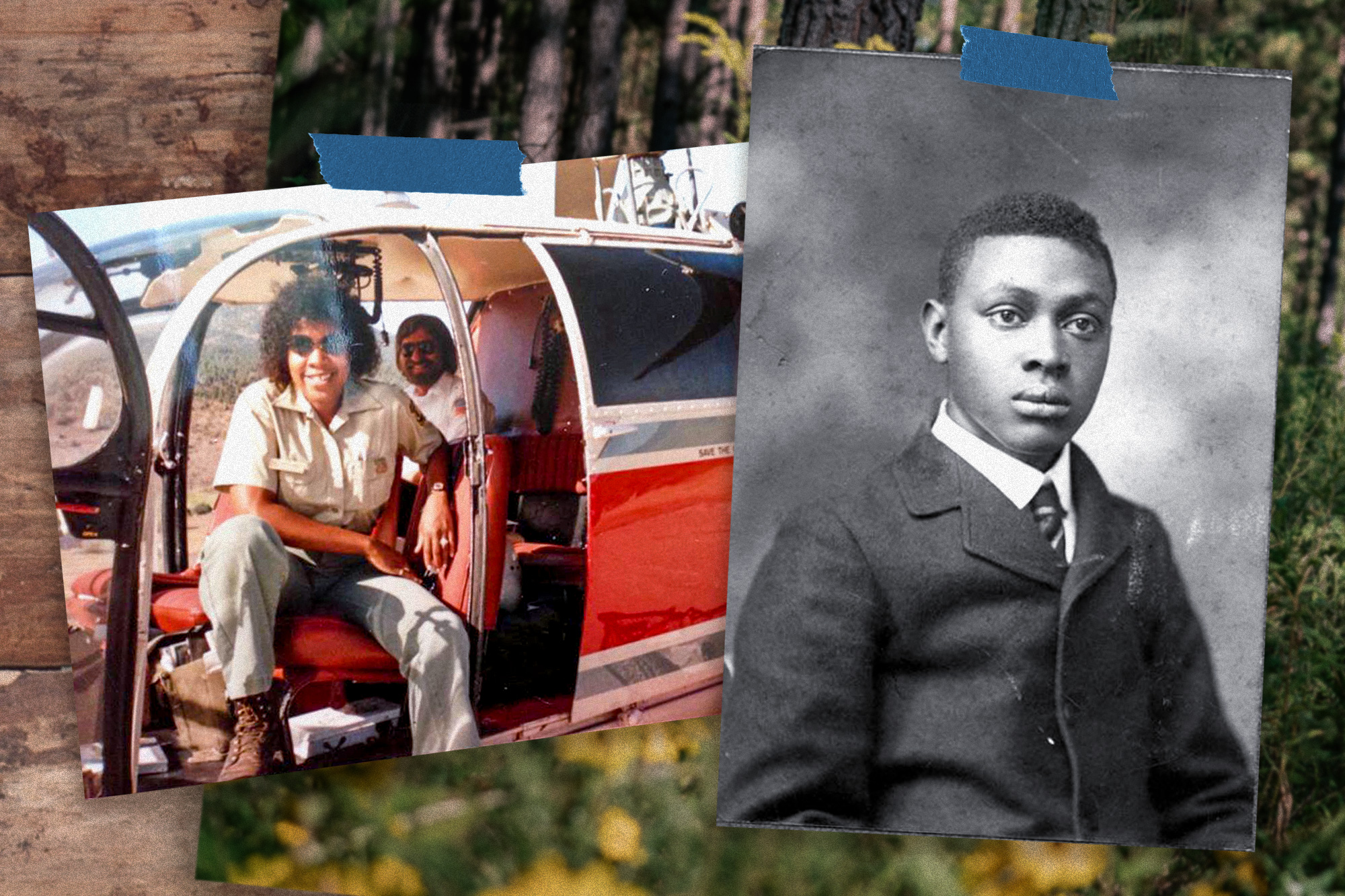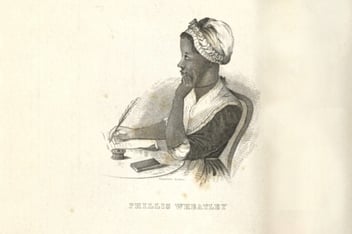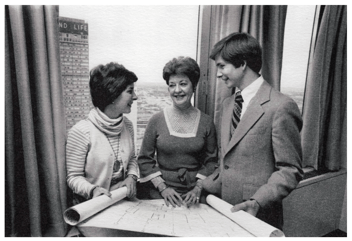The Newsroom / History of Paper / Celebrating Black History Month.
Celebrating Black History Month.

February is Black History Month, a time to recognize and honor the hard-fought achievements, sacrifices, and contributions that Black Americans have made to our country's diverse cultural heritage.
Among the many Black Americans who have made and are making history, we'd like to highlight Ralph Elwood Brock, considered the country's first Black forester, and Melody Starya Mobley, the country's first Black woman forester.
Ralph Elwood Brock, the United States’ first Black forester.
Ralph Elwood Brock was one of the six graduates of the first class of foresters at Pennsylvania State Forestry Academy (now Penn State Mont Alto) in 1906. And that wasn’t his only historical “first” in forestry. He is also considered the first Black American to be trained in the field of forestry in the United States.
Brock was born in 1881, so there's not much information about him, but we do know that he became interested in plants while he was in high school. His principal was friends with Joseph Rothrock, who would later become known as Pennsylvania's father of forestry.
His love of forestry led him to Pennsylvania State Forestry Academy. After graduating, Brock ran a nursery on campus where he perfected the idea of adding compost to soil for healthy growth - something that would later become a large part of agricultural history.
Melody Starya Mobley, the United States’ first Black female forester.
Melody Starya Mobley was the first Black woman to graduate from the University of Washington in the field of Forest Management.
After graduating, she immediately went to work for the Forest Service, where she was the first Black female professional forester in the agency’s history. Her career with the Forest Service spanned nearly three decades and took her all over the country.
Her time with the Forest Service was not without its challenges. Mobley wrote about her experiences in the article, “A Black Woman Who Tried to Survive in the Dark, White Forest,” published in the Mountain Journal on August 1, 2018, noting that her field had a long way to go back then in terms of diversity, and continues to see needs for change. Today, Mobley spends time working with youth and promoting environmental causes. She says that “the outdoors must be a welcoming place,” and continues to blaze the trail in making the forest welcoming and inclusive for everyone.
Visit the Black History Month website to learn about more places, historic moments, and personal journeys that contribute to conversations about Black representation, identity, and diversity in our nation's history and today.



